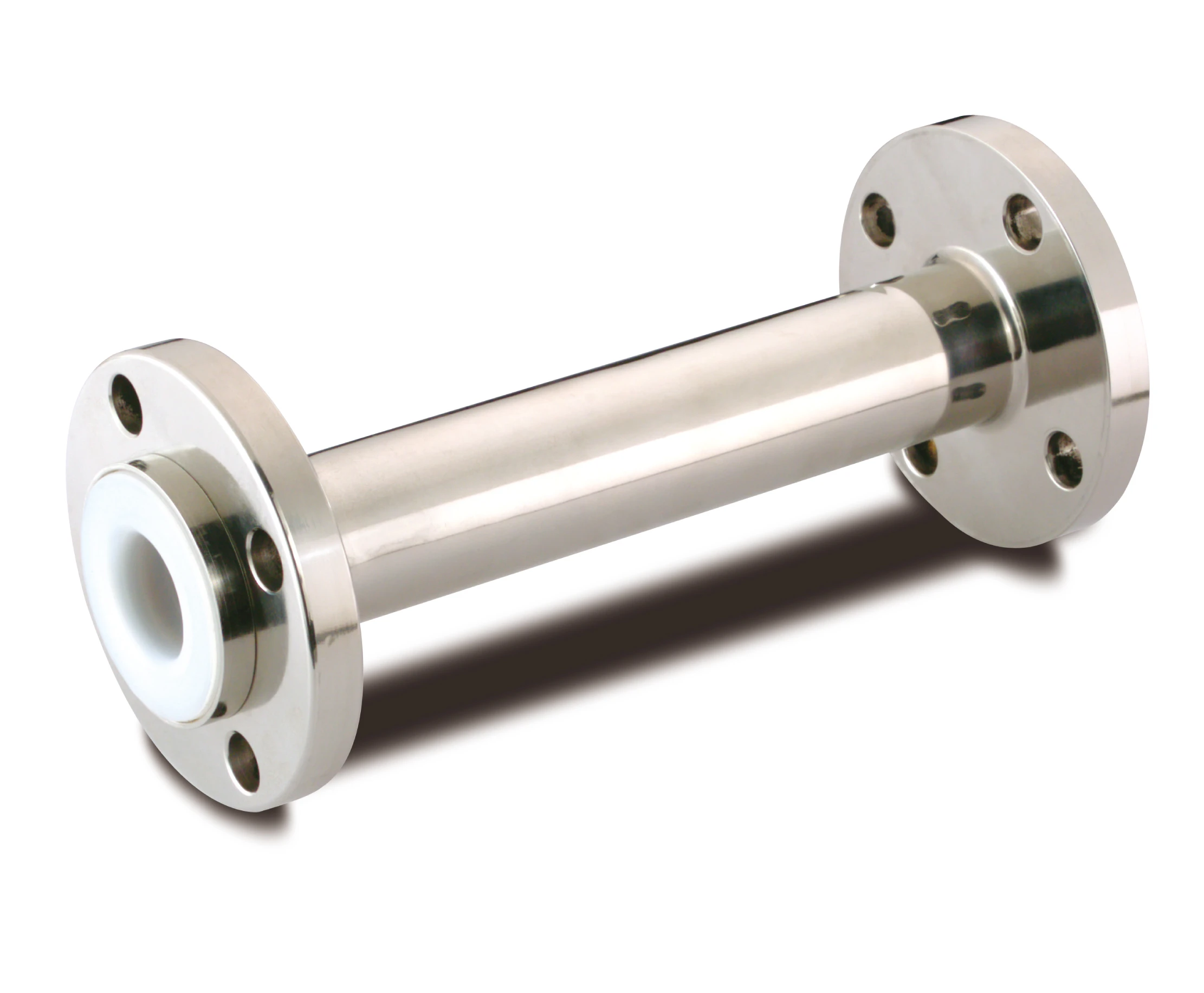
When it comes to industrial piping systems, choosing the right material is crucial to ensure durability, corrosion resistance, and overall performance. One such material that is gaining popularity is the PFA Lined Pipe. In this blog, we will discuss what a PFA Lined Pipe is, its key properties, the benefits it offers, and where it is commonly used.
What is a PFA Lined Pipe?
A PFA Lined Pipe is a pipe that is coated with a layer of PFA (Perfluoroalkoxy) polymer. PFA is a type of fluoropolymer that offers superior chemical resistance and high-temperature performance. The lining process involves bonding the PFA material to the inner surface of the pipe, creating a protective barrier that helps prevent damage caused by harsh chemicals, extreme temperatures, and abrasion.
Properties of PFA Lined Pipe
-
Chemical Resistance
One of the most notable properties of a PFA Lined Pipe is its exceptional resistance to a wide range of chemicals. PFA is highly resistant to acids, alkalis, and solvents, making it ideal for industries where pipes come in contact with corrosive substances. -
Temperature Tolerance
PFA Lined Pipes can withstand high temperatures, typically up to 260°C (500°F), making them suitable for high-temperature applications where other materials might degrade. -
Non-stick Surface
The smooth, non-stick surface of PFA lining reduces friction and prevents build-up inside the pipe. This ensures that fluids flow more efficiently, which is especially important for systems that transport viscous or sticky materials. -
Durability
The PFA lining adds an extra layer of protection against wear and tear. It makes the pipes resistant to physical damage such as abrasion, scratching, and pitting, which could otherwise affect the longevity of the pipes. -
Electrical Insulation
PFA Lined Pipes also offer excellent electrical insulating properties, which can be beneficial in applications where electrical resistance is required.
Benefits of PFA Lined Pipe
-
Longer Lifespan
Due to the corrosion-resistant and durable properties of PFA, these pipes have a longer service life compared to traditional materials. They can withstand the effects of harsh chemicals and extreme temperatures, reducing the need for frequent maintenance and replacements. -
Improved Efficiency
The non-stick surface of PFA Lined Pipes ensures smooth fluid flow, which improves the overall efficiency of the system. This can lead to less downtime and reduced energy consumption in certain processes. -
Cost-Effective in the Long Run
While the initial cost of PFA Lined Pipes may be higher than conventional pipes, their durability and low maintenance requirements make them a cost-effective choice in the long term. Businesses can save on repair costs and downtime associated with pipe failure. -
Enhanced Safety
Using PFA Lined Pipes helps reduce the risk of leaks and contamination, especially in industries handling hazardous or toxic chemicals. This makes them a safer choice for both workers and the environment.
Applications of PFA Lined Pipe
PFA Lined Pipes are widely used in various industries due to their unique properties. Here are some of the key areas where they are commonly used:
-
Chemical Processing
In the chemical industry, PFA Lined Pipes are essential for transporting corrosive substances such as acids, bases, and solvents. Their chemical resistance ensures that the pipes do not degrade or leak over time. -
Pharmaceutical Industry
The pharmaceutical industry also benefits from the use of PFA Lined Pipes, especially when handling sensitive compounds that require high purity and contamination-free environments. The non-reactive nature of PFA ensures that the materials transported do not react with the pipe’s surface. -
Food and Beverage Industry
PFA Lined Pipes are used in the food and beverage industry to transport liquids like juices, oils, and syrups. The smooth lining prevents contamination and ensures that the liquids retain their original quality during transportation. -
Oil and Gas
The oil and gas industry uses PFA Lined Pipes to handle various chemicals and fluids in drilling and refining processes. Their ability to resist high temperatures and corrosive substances makes them an ideal choice for this demanding application. -
Water Treatment
In water treatment plants, PFA Lined Pipes are used to transport aggressive chemicals such as chlorine and fluoride. The chemical resistance of the lining ensures that the pipes do not corrode or leach harmful substances into the water supply.
Conclusion
PFA Lined Pipes are an excellent choice for industries that require high-performance piping solutions. With their superior chemical resistance, temperature tolerance, and durability, these pipes offer numerous benefits, including a longer lifespan, improved efficiency, and enhanced safety. Whether used in chemical processing, pharmaceutical manufacturing, or water treatment, PFA Lined Pipes provide the reliability needed for handling even the most demanding applications.